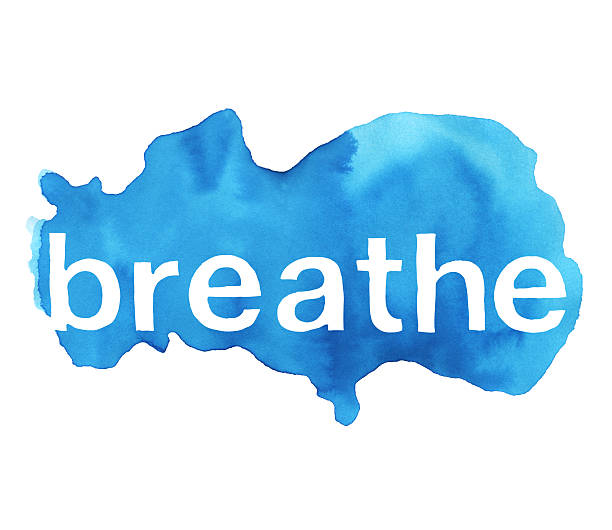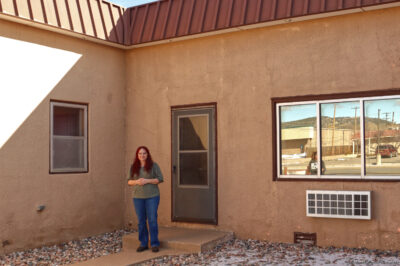Below are recommendations from the Centers for Disease Control and Prevention for staying healthy through this summer’s fire season.
What’s in smoke and how is it harmful?
Wildfire smoke contains a mix of gases and tiny particles that come from the burning trees, plant material, and other things that are fueling the fire.
According to the CDC, wildfire smoke in the air can pose a risk for anyone. Those most at risk include the elderly, pregnant women, and people with chronic respiratory and heart conditions. Children are also at a higher risk as they breathe more air per pound of bodyweight than adults, and wildfire smoke can irritate their still-developing lungs.
Wildfire smoke in the air can sting your eyes and irritate your throat and lungs, resulting in coughing, wheezing, or even an asthma attack or bronchitis. It can cause unexpected symptoms such as chest pain, a rapid heartbeat, headaches, a runny nose, and fatigue.
How can I stay safe when there is smoke in the air?
For wildfire smoke in the air, the CDC recommends the following:
Limit exposure to smoke. That might mean staying indoors and keeping your indoor air as clean as possible by closing doors and windows, and turning off fresh-air intakes. An indoor air filter that removes fine particles can also help protect people most at risk.
Pay attention to public health messages. If you’re told to stay indoors, do so and follow the steps above to keep your indoor air clean. If it’s too hot to keep doors and windows closed and you don’t have an air conditioner, you should seek shelter elsewhere. And if you are told to evacuate, leave as quickly as possible.
Consider reducing physical activity. During exercise, people can breathe up to 10 or 20 times more air than when resting. That higher breathing rate brings more smoke deep into the lungs. And if you’re breathing through your mouth, you’re bypassing the natural air filter of your nose, further increasing your exposure to the smoke.
Don’t add to your indoor pollution. Burning candles or smoking can add to pollution. Keep your vacuum cleaner in the closet, as vacuuming stirs up particles already in the home.
Don’t rely on a dust mask to protect your lungs – the paper masks typically found at hardware stores trap large particles, not the very fine ones present in smoke. And dust masks can actually retain the harmful particles from smoke.
If you have asthma or lung disease, talk with your doctor about how best to navigate wildfire season. And if you start to experience symptoms of smoke exposure, don’t hesitate to visit a UCHealth Urgent Care or see your doctor.
Take the proper steps to protect your health in this wildfire season. And of course, it doesn’t hurt to hope for rain.
This article references resources from cdc.gov and epa.gov.





